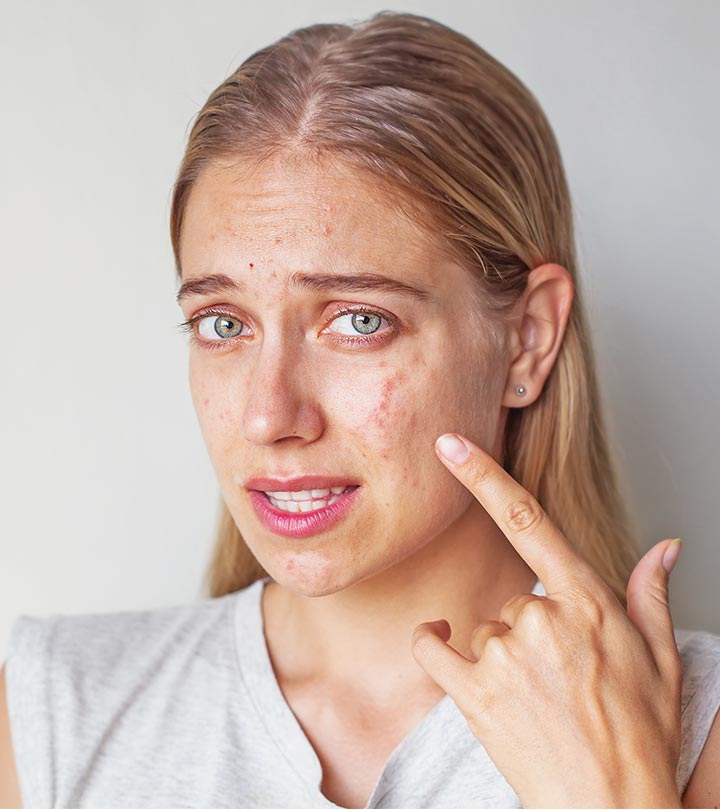Table of Contents
Acne Scarring
If you have oily and acne-prone skin, you know that the types of skincare products you choose are essential to prevent and eliminate different types of acne scars. Some areas in your body and face are prone to acne breakouts, including the T-zone and shoulder blades. Acne scars occur when there is abnormal collagen production in the body when the skin tries to heal after an active acne breakout. Sometimes, it is difficult to treat and eliminate acne scars; there are acne treatments that re-activate the collagen fibres in the skin.
How to reduce acne scars naturally at home
Some of the products that help reduce acne scars due to oily skin include cleansers, creams, and scrubs. Some of the home remedies include:
Salicylic acid
This is a naturally occurring over the counter product that helps prevent the breakout of acne. Salicylic acid helps clear skin cells, debris, and dirt, which are the main triggers for acne. This natural compound also reduces swelling, redness, and scarring of the skin. The product helps treat most of the scar types, and you can use it comfortably at home. However, if you have sensitive skin, you should test this product on a small part of the skin before using it on the face, because it might cause irritation and dryness.
Retinoid products
Retinoid products are beneficial to the skin because it helps reduce acne scarring. The retinoid creams help block pores and reduce inflammation since they allow the regeneration of cells and reduce acne lesions. These products also help reduce hyperpigmentation caused by acne scarring, and it works well for people with darker skin shades. However, retinoid cream makes the sun quite sensitive to the sun, and people should use retinoids in combination with a sunscreen product when going out.
Lactic acid
This product helps to reduce acne scarring because it works to eliminate dead skin cells. Therefore, it redefines the skin by smoothening out of the skin and, in the process, reduces scar appearances. If you have dark scar tissues, you need to use lactic acid, but you need to test it first on small parts of your skin because it causes hyper-pigmentation. Most of the products that reduce acne scarring, such as apple cider vinegar contain lactic acid; hence, it is a cost-effective and natural treatment method.
Alpha hydroxy acids
These products help in the elimination of dead skin cells, while at the same time prevent the clogging of pores on the face. Most dermatologists recommend using Alpha hydroxy acids to prevent acne scars’ formation and to treat acne. This acid product is mild and helps remove the acne and remove the outer layers of the skin, and this reveals a fresh new skin beneath and reduces scarring.
Natural remedies
Dermatologists might recommend several medical treatments that reduce acne and acne scarring. The treatments often depend on your type of skin and the extent of the acne scarring. Some common medical procedures include.
Chemical Peel
Your dermatologist will give you a prescription for a chemical peel that suits your skin type, scarring, and the rate of the severity of the acne on the skin. Some medical research review journals show that several chemical peels such as trichloroacetic acid improve acne scarring by up to 70 per cent. However, some of these chemical peels, such as glycolic acid, prevent acne scarring by 25 per cent. Thus, if you want to eliminate acne scars, you might want to try out several chemical peels, and find out which works better.
Dermal fillers
The dermatologists will recommend the use of dermal fillers to prevent the formation of acne scars. Some of the soft dermal fillers consist of collagen-based products, and these may cause allergies. Some dermatologists may recommend removing fatty tissues from other parts of the body. Some other commercial fillers include PLLA, PMMA, and HA. Most of these dermal fillers will work on atrophic scars, but only provide a temporary solution of between 6 and 18 months. However, your dermatologist will also give you more permanent options, but they are a bit expensive.
Microneeding
This process involves inserting some tiny needles in the skin that surrounds the scars. This process enhances collagen production to reduce acne scars’ appearances to even out the texture of the skin. Medical research showed that microneedling reduces the appearance of acne scars by up to 62 per cent. There are several side effects of this process, such as inflammation of the skin, redness, and pain, but you will notice improvements after a while.
Laser treatment
This process evens out the skin without the use of scrubs and other chemicals. Laser treatment works to remove the skin’s outer layer, revealing the younger skin cells underneath. However, this treatment does not work with all skin types.









